The meat processing industry is a vital part of the global food chain, but it also faces growing scrutiny for its environmental impact. Consumer awareness is rising, and meat processors are increasingly looking for ways to become more sustainable. This blog post will explore some key practices that can help meat processing facilities minimize their environmental footprint.
Reducing Waste Throughout the Meat Processing Chain
One of the biggest environmental concerns associated with meat processing is waste generation. Meat processors can significantly reduce their impact by implementing a comprehensive waste management strategy. This includes:
- Composting: Organic waste like trimmings and bones can be composted and turned into nutrient-rich fertilizer for use on pastures or gardens.
- Anaerobic Digestion: This process breaks down organic waste in an oxygen-free environment, producing biogas that can be used to generate electricity for the processing facility.
- Rendering: Fat trimmings can be rendered into tallow, a valuable byproduct used in various applications like animal feed and biofuel production.
- Optimizing Processing Techniques: Implementing efficient cutting and processing techniques can minimize meat trimmings and maximize yield.

Sustainable Water Management in Meat Processing
Water is a crucial resource in meat processing, used for cleaning, sanitation, and processing itself. Here’s how processors can conserve water:
- Investing in Water-Saving Technologies: Modern equipment like low-flow faucets, sprayers, and cleaning systems can significantly reduce water consumption.
- Water Recycling and Reuse: Treated wastewater can be reused for non-potable purposes such as cleaning equipment or irrigating non-edible plants.
- Regular Maintenance: Leaking pipes and equipment can waste vast amounts of water. Implementing a preventative maintenance program ensures optimal water usage.
Energy Efficiency in Meat Processing Facilities
Meat processing facilities require significant amounts of energy for refrigeration, cooking, and other operations. Here are some strategies to improve energy efficiency:
- Upgrading to Energy-Efficient Equipment: Investing in modern, energy-star rated refrigerators, freezers, and processing equipment can dramatically reduce energy consumption.
- Optimizing Refrigeration Systems: Regularly maintaining refrigeration systems and ensuring proper insulation can significantly improve efficiency.
- Utilizing Renewable Energy Sources: Exploring options like solar panels or wind turbines can help offset reliance on traditional energy sources and reduce the carbon footprint.
Sustainable Sourcing and Animal Welfare Practices
Sustainability in meat processing extends beyond the processing plant itself. Partnering with farmers who use sustainable practices like responsible land management and animal welfare programs can contribute to a more environmentally friendly meat supply chain.
- Sustainable Feed Production: Supporting farmers who use sustainable feed sources like efficiently managed pastures and recycled food products can minimize environmental impact.
- Animal Welfare Considerations: Implementing humane animal handling practices throughout the supply chain not only improves animal well-being but can also contribute to better meat quality and reduced waste during processing.
The Future of Sustainable Meat Processing
The meat processing industry is constantly evolving, and sustainability is becoming a key driver of change. By adopting these practices, meat processors can minimize their environmental impact, ensure the long-term viability of the industry, and meet the growing demand for sustainable meat products from consumers.
Conclusion
Sustainable meat processing is no longer just a trend; it’s a necessity. By implementing these strategies, meat processors can become more environmentally responsible while ensuring the production of safe, high-quality meat products. Consumers who are concerned about the environmental impact of their food choices can also support processors who prioritize sustainability. Together, we can create a more sustainable future for the meat processing industry.

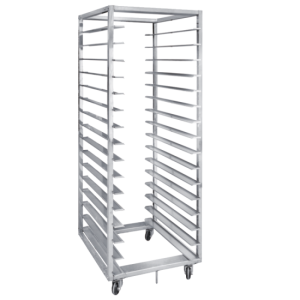
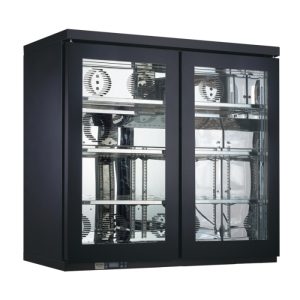

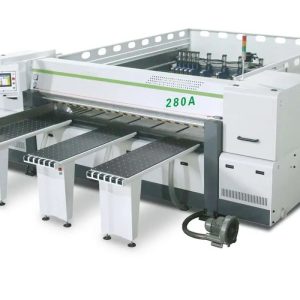
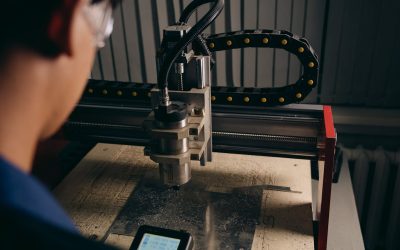

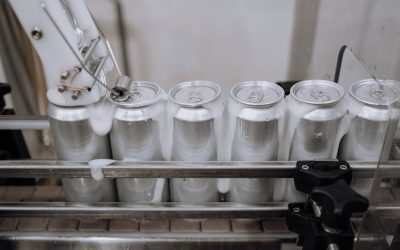

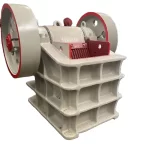

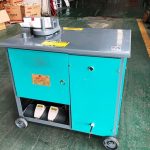
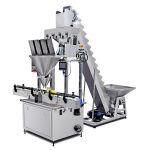
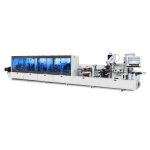

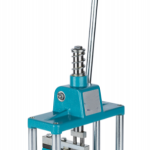

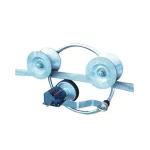

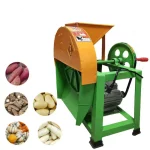
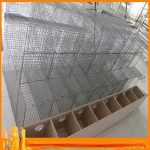


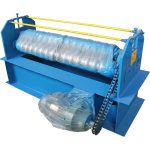
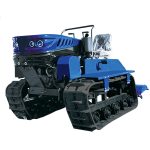
0 Comments